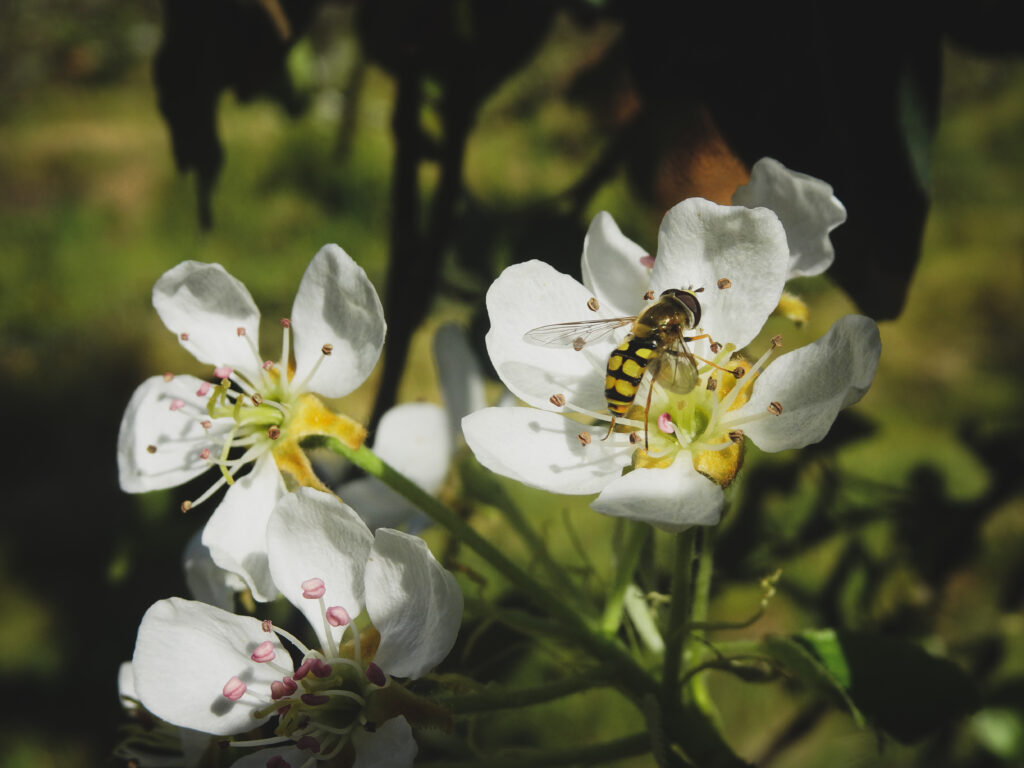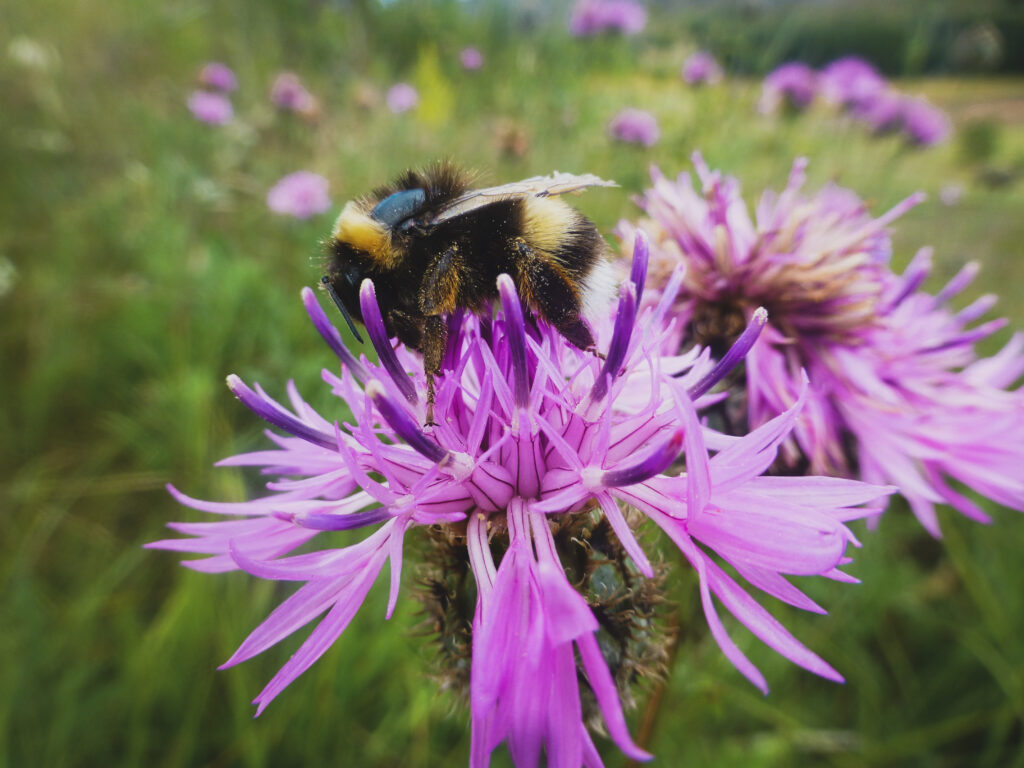Pollination is a regulatory service for ecosystems, vital to nature, agriculture and human well-being. Pollination by biotic vectors is an important biodiversity service that supports food production, and the benefits of wild pollinators are widely recognized, directly affecting the yield and quality of over 75% of crops. Pollinator’s decline on a global scale is currently a major threat to sustainable agricultural production. Changes in land use, as fragmentation, loss and simplification of habitats lead to the continual reduction of natural habitats and of functional biodiversity, disrupting mutualistic interactions and threatening the persistence of insect and plant populations and ecosystem’s functioning. Multifunctional landscapes with high functional quality mosaics and diverse land use are fundamental to sustaining biodiversity, both in situ, in natural areas, and by increasing habitat connectivity, with landscapes that work for biodiversity and for people. The key role of pollinators has been recognized by several international initiatives to protect wild and domestic pollinators and to promote the sustainable use of pollination services.
In this sense, in the framework of the Integrated Program CULTIVAR, the FLOWer Lab of the Centre for Functional Ecology – Science for People & the Planet of the University of Coimbra is making efforts to understand how pollination services vary in the landscape and interact between different levels of the ecosystem, and what are the main threats identified in different time frames. For that we will: 1) establish benchmarks and monitoring programs to assess the status and trends of wild pollinators and the pollination deficits of pollinator-dependent crops, 2) assess the consequences of pollinator deficits on target crops and natural environments; 3) map pollination services in order to quantify the effects of landscape and land use on the provision of ecosystem services; 4) integrate pollination services with other ecosystem services in a multi-factorial and global landscape analysis; and 5) test and promote pollinator-friendly solutions, contributing for the sustainability of agro-ecosystems. As an integrative strategy, land management tools will be used at the agricultural landscape level, allowing to understand how different agricultural practices are acting in an integrated way in the functioning of the system and in the maintenance of different services, in particular pollination, as well as to predict what are the effects that changes in management practices and in the use and structure of the landscape may have on the provision of that service.
In the region where CULTIVAR operates, the focus will be on species of Prunoideae dependent on pollination vectors, and on surrounding natural areas that constitute sources of pollination services.



@ 2022 Cultivar. All rights reserved
